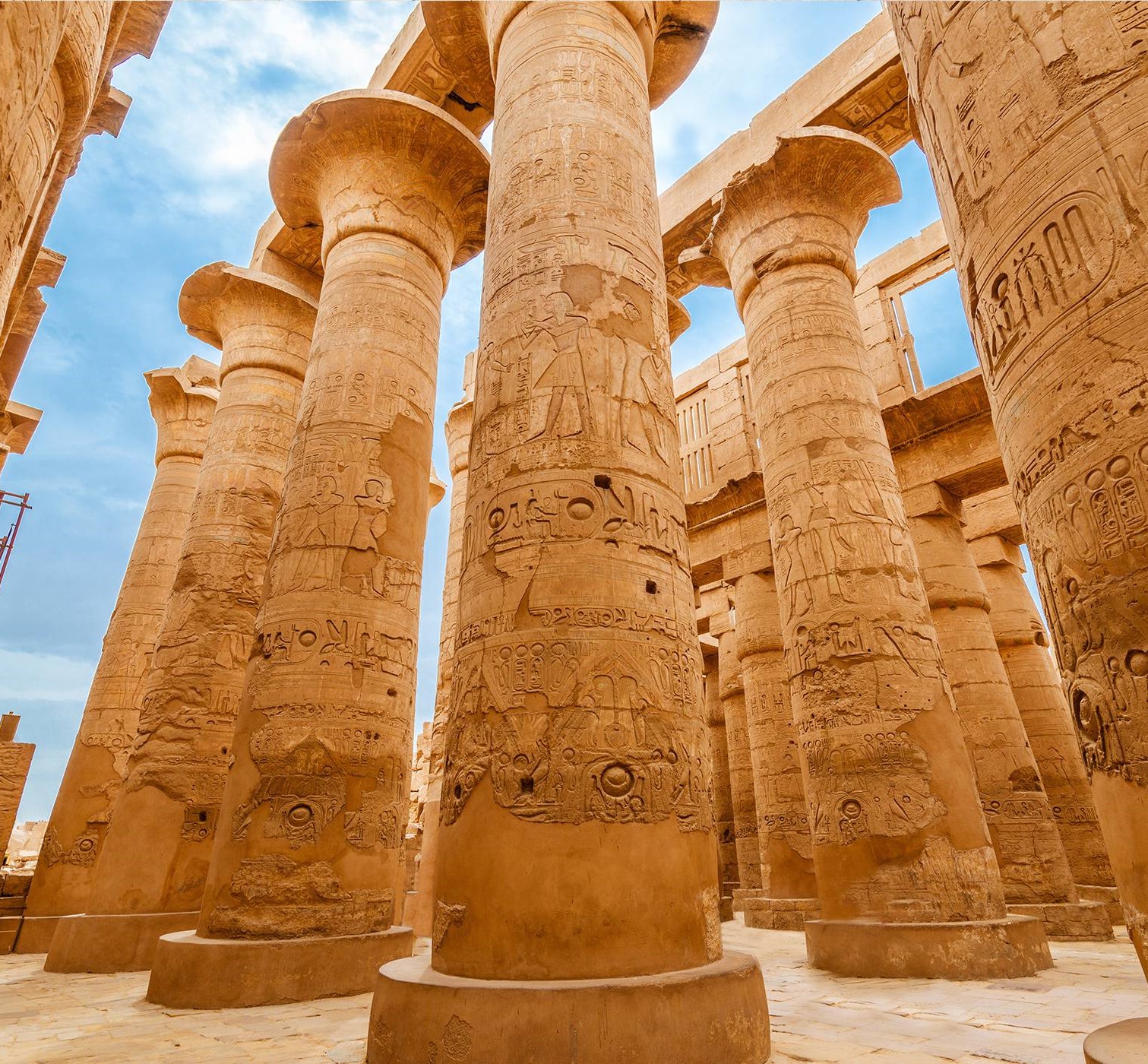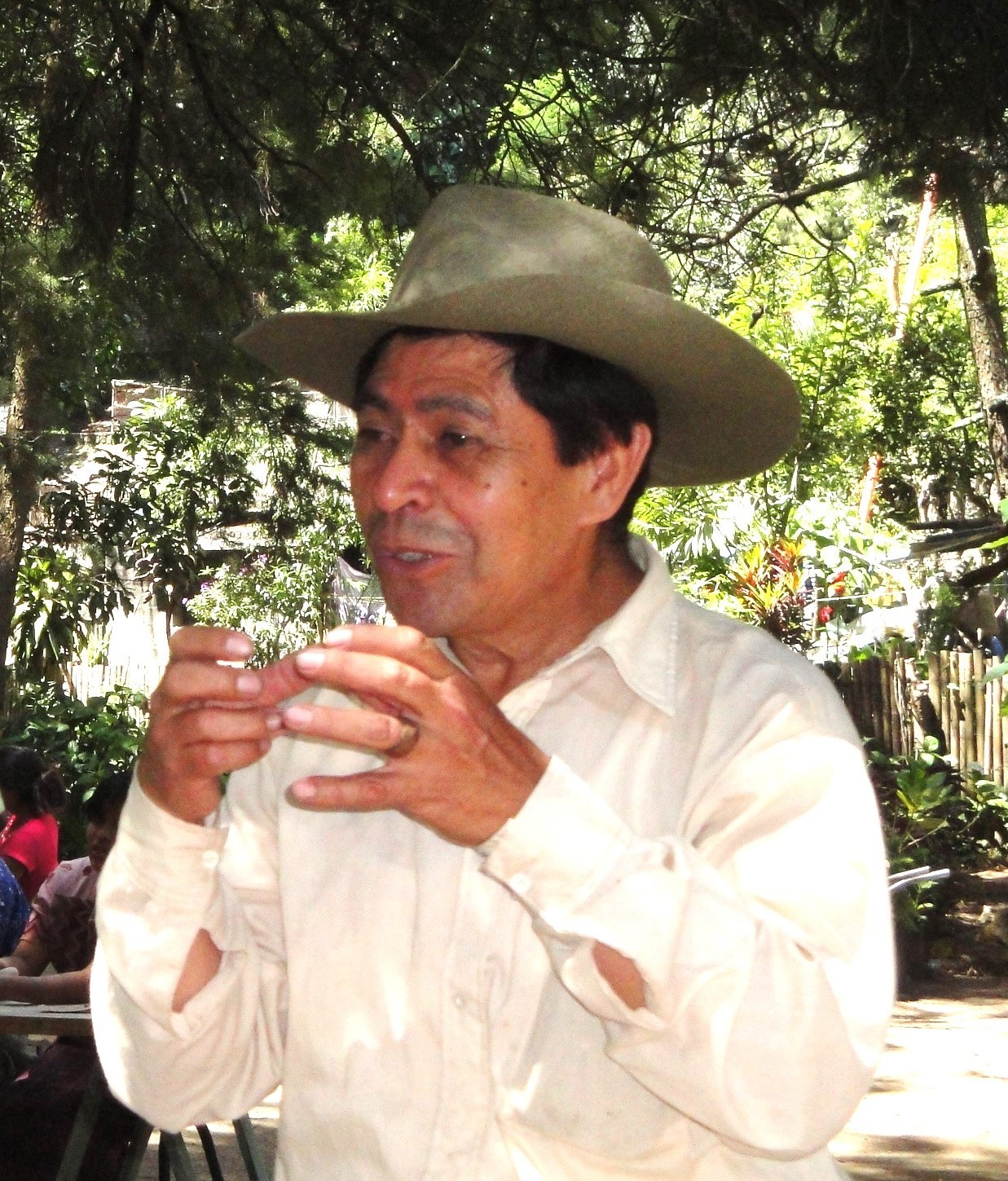Our gospel reading is the story of blind Bartimaeus who sat near the city gate of Jericho when Jesus and the disciples, with a large crowd following, were leaving the city. The writer of Mark is curiously specific with data in this brief encounter, even giving the name of the person who yells out to Jesus, and remarking that Bartimaeus means the son of Timaeus.
Maybe the gospel writer wants to honor Bartimaeus’ willingness to risk humiliation and shunning. His trust in Jesus is so strong that he abandons the protection of being below notice as he abandons his cloak. Even as he is shushed, he shouts for mercy. As an alms-seeker he is probably pretty skilled at persistent yelling. Jesus stops, drawn as he often was, to persistence. Now the people who were shushing Bartimaeus urge him forward and he stands before the one he knows as Son of David.
I’ve been in several gatherings where we were asked to respond to the question asked by the Son of David: “What do you want me to do for you?” None of my responses have ever been as urgent as Bartimaeus’ simple answer: “Rabbi, I want to see.”
Over and over again in the gospels, inability to see is a metaphor for the inability to discern the deeper truth beneath and within the chaos and confusion of everyday life. The Pharisees were unable to see the wide unruly beauty of the world because they could only see it as a prison, concrete and unmoving, which they had to keep in order. It follows that their view of the external world limited any deeper truths they might have learned if their eyes had been opened. Jesus found their views infuriating, especially since they were keeping others from participation in reality.
“To crooked eyes truth may wear a wry face,” Tolkein wrote. We have become aware in the last few years that truth and reality can become malleable commodities. It requires courage and persistence to live with full vision in a time when truth itself is in question. Bartimaeus’ request could become our own, “I want to see.” We are in need of the deeper truth given to those who search for it.
Jean Vanier, the founder of L’Arche, speaks of the sacred space within us and describes the connection between the inner and outer realities:
Many of us are not aware of the sacred space within us,
the place where we can reflect and contemplate,
the space from which wonderment can flow
as we look at the mountains, the sky,
the flowers, the fruits and all that is beautiful in our universe,
the space where we can contemplate works of art.
This place, which is the deepest in us all,
is the place of our very personhood,
the place where we receive the light of life and the murmurings
of the Spirit of God.
It is the place in which we make life choices
and from which flows our love for others.
To be aware of the place from which flows our love for others…what could be more sacred? If I allow myself to be unfamiliar with that sacred space within, I am missing the very reason for being alive: allowing myself to know the Source that reveals the ceremonies of the world we inhabit, the Spirit of God. Bartimaeus has shown us the way: “Rabbi, I want to see.”
-Carol Martin, Bread of Life Church
Reflection Questions:
- Is there anything you want so much you would make a scene for it?
- How would you answer Jesus’ question to Bartimaeus?
- What is your source for finding your truth?





